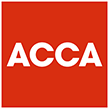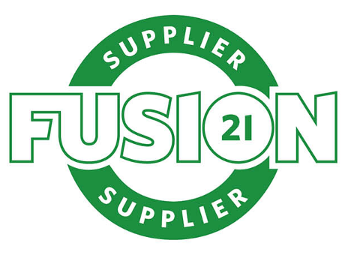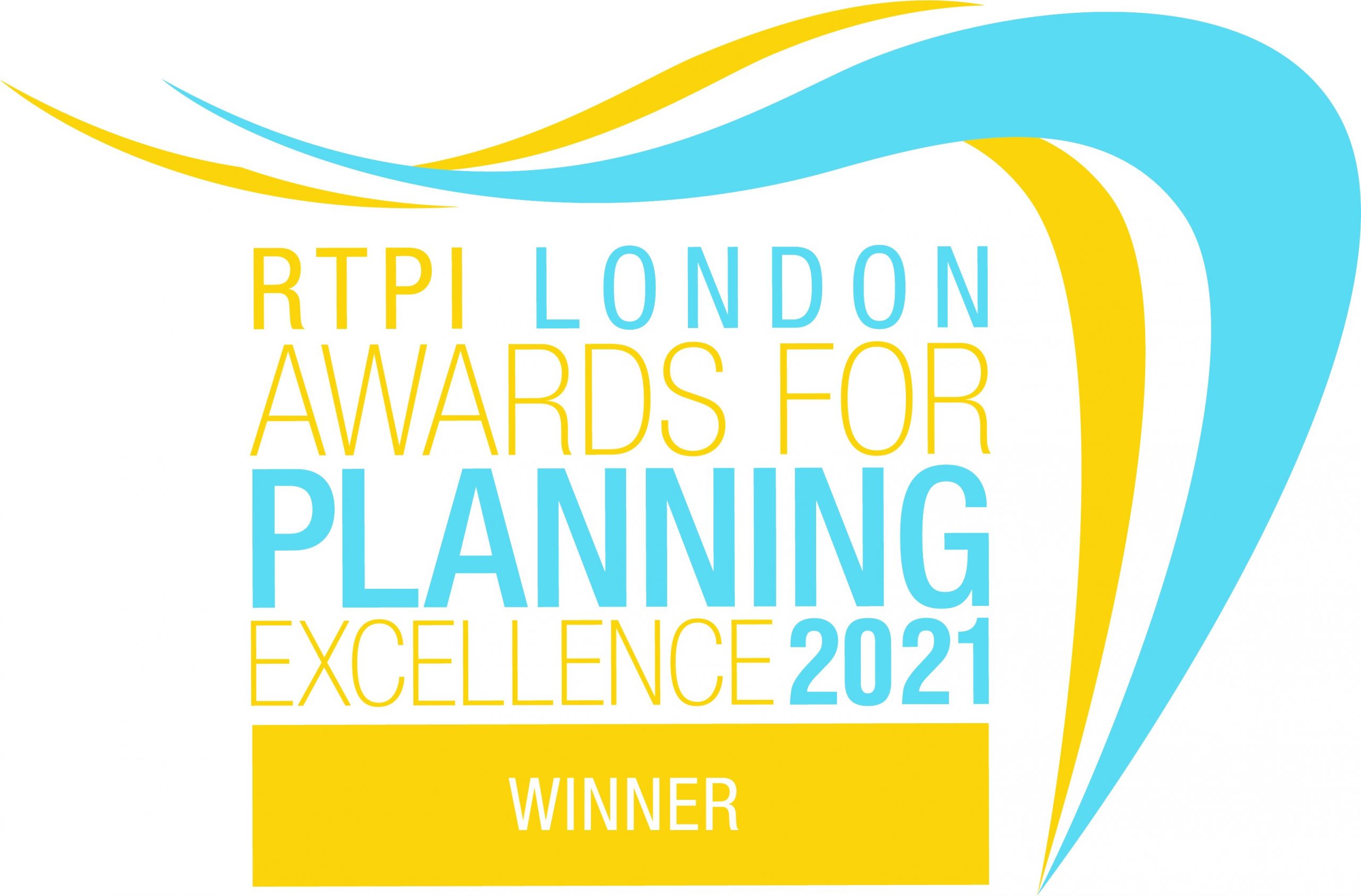Unlocking Industrial Co-location Development
The Co-location Working Group of the Industrial & Logistics Sounding Board includes experts from Business London, GLA, Local Planning Authorities and private sector professionals including Quod’s Angie Fenton along with other industry professionals. The group has been working together to find solutions to the barriers of delivering co-location development, a development typology which despite multiple planning permissions, is struggling to be delivered in practice. Their recommendations are set out in the report ‘Unlocking Industrial Co-location Development’.
Industrial sites are critical to the growth of the London economy, working around the clock to fulfil the needs of the city’s almost 10 million inhabitants – and these needs are expanding. By 2041, London’s population is projected to reach 10.8 million and the city’s industrial supply chain will need to keep apace to support the resulting surge in demand for goods and services.
The report considers the challenges faced by investors to deliver effective schemes which co-locate industrial, residential and other uses on a site. This is an approach endorsed in planning policy for appropriate locations, as the London Plan (2021) emphasises the need to ensure that industrial land is retained, intensified and optimised to fulfil the existing and future needs of the city’s rising population. The London Plan identifies colocation as an emerging spatial solution to the tension between the need to provide sufficient space for essential industry and deliver on housing targets for the city. This report provides commentary on the design of implemented and emerging co-location projects across London, highlighting key lessons for the real estate industry. The report then sets out the recommendations of the CWG, which focus on potential innovations to improve the industry’s response to the practical challenges of co-location.
A link to the report is below, which includes six recommendations:
1. Increase engagement in plan-making and masterplanning.
2. Form a collective resource group to promote good practice.
3. Use industrial specialists in designing co-location developments.
4. Encourage the preparation of specific design briefs for industrial space.
5. Create a digital platform of co-location opportunities.
6. Include industrial experts in design and quality review panels.
To view the full report please click the link: Industrial & Logistics Sounding Board Report
Please get in touch with Angie at angie.fenton@quod.com if you would like anymore information on this report.














